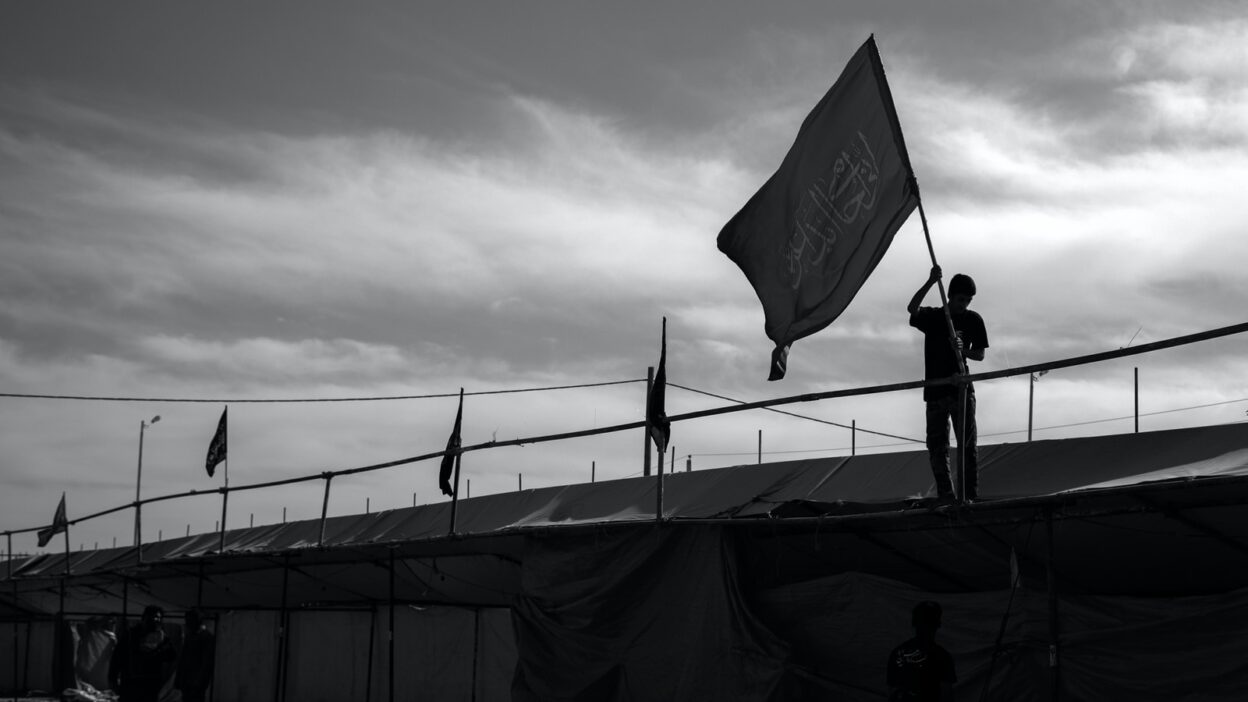The Khawarij sect emerged during the first civil war (656–61) following ‘Alī ibn Tālib’s (may Allah be pleased with him) decision to accept arbitration at the Battle of S̩iffīn1. They were responsible for the assassination of ‘Alī (d. 661) after making takfīr (declaring someone to be an infidel) of him. According to the Khawārij, only the most virtuous individual was entitled to hold the reigns of authority.2 Hence Abu Bakr and Umar had been legitimate leaders. As for Uthman and Ali, initially they were legitimate, but they forfeited this right when they ceased to judge by the Book of Allah, and they were rightfully killed. Other than Abū Bakr and ‘Umar, they rejected the legitimacy of all the Sunnī Caliphs and considered revolt against them to be obligatory.
No Arab had priority over a non-Arab in the choice of leader, nor did Qurayshi have priority over a non-Qurayshi. Hereditary succession was also rejected, including being a descendant of the Prophet. Any free, male, adult Muslim of sound mind was eligible for the post. The idea of a non-Arab leader was radical; when the Azraqi sect of the Khawarij chose a non-Arab Imaan, many of their followers split off under an Arab Imaam.
Thus the Khawarij rejected both the Sunnī belief that the Caliph should be from Quraysh, as well as the Shī‘ī concept of hereditary succession.3 Similar to the Shī‘ī, they held that both political and religious authority was invested in the Imām.
The Khawarij split into many subsects, with some of them holding that the Imām was unnecessary.4 The institution of the Caliphate was not in and of itself important. What really mattered was the implementation of Islamic law in its entirety. If the latter was possible without the institution of the Caliphate, then this rendered the Caliphate as unnecessary5. In practice, however, whenever they ruled a territory, a caliph was appointed. However, the bay‘a to him could be revoked if a more suitable candidate was found or the Caliph erred on a matter.
The Imaan was to be elected by the community. In the case of a small community of followers, this was not impractical. But exactly how this was to happen in the case of a large state (which existed in their time) was not clear. Given that the Imaan was the deputy of Allah upon the earth, he was to be obeyed by his followers as long as he obeyed Allah. If he was to err, he would be asked to repent; failing this, he was to be removed and even killed. However, who was to decide if the Imaam had erred? What if the community differed as to whether he erred or not? Exactly how would he be removed? These questions were not adequately answered by them.
From Basra, two subsects emerged—the Azariqa and the Najdiyya. The Azraqis held that anyone who was not actively engaged with them was liable to be killed, as were their women and children. The Azariqa were wiped out in 699 by the Umayyad Caliph, Abd al-Malik ibn Marwan. According to the Najdiyya, if everyone was to obey Allah, there was no need for an Imaam. Later, two more sects emerged: Sufriya in north Africa and Ibadiyya in Oman and north Africa, who survive up to this day.
Footnotes
- Jeffrey T Kenney, Muslim Rebels: Kharijites and the Politics of Extremism in Egypt, (Oxford University Press, 2006), pp. 21-22.; William Montgomery Watt, Islamic Political Thought, (Edinburgh: Edinburgh University Press 1968), p. 54. ↩︎
- Lewinstein, Keith, ‘Kharijis’, The Princeton Encyclopedia of Islamic Political Thought, 2012 p. 294. ↩︎
- ‘The Princeton Encyclopedia of Islamic Political Thought’, (Princeton University Press, 2012). ↩︎
- Patricia Crone, ‘A Statement by the Najdiyya Khārijites on the Dispensability of the Imamate’, Studia islamica, (1998); Asma Afsaruddin, ‘Introduction’, in Islam, the State, and Political Authority, (Springer, 2011), pp. 1-5. ↩︎
- .Elie Adib Salem, Political Theory and Institutions of the Khawārij, (Baltimore, Md.: Johns Hopkins Press, 1956), p. 51. ↩︎





